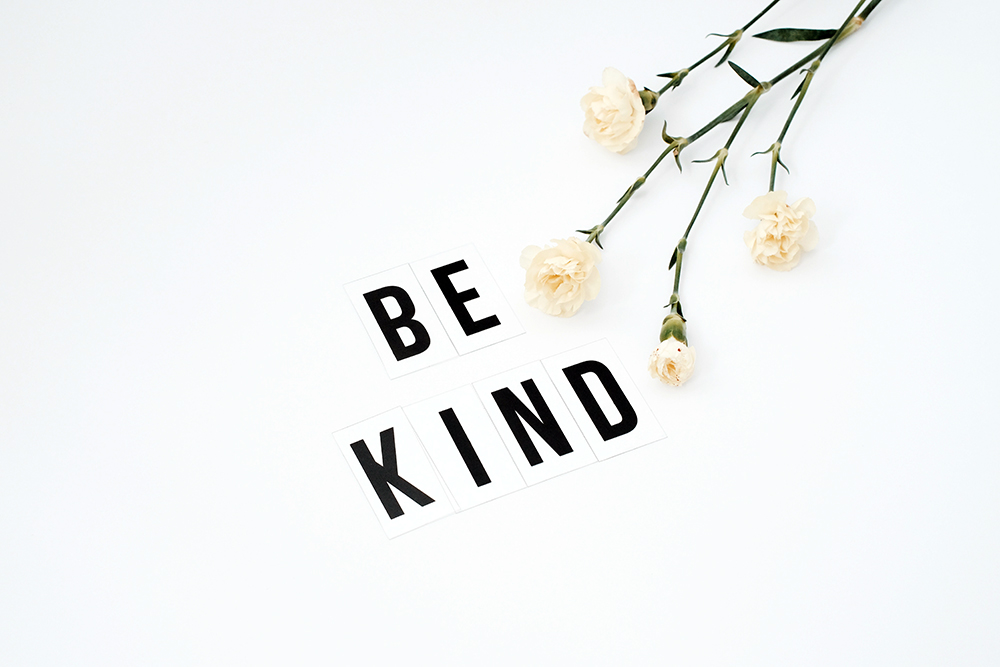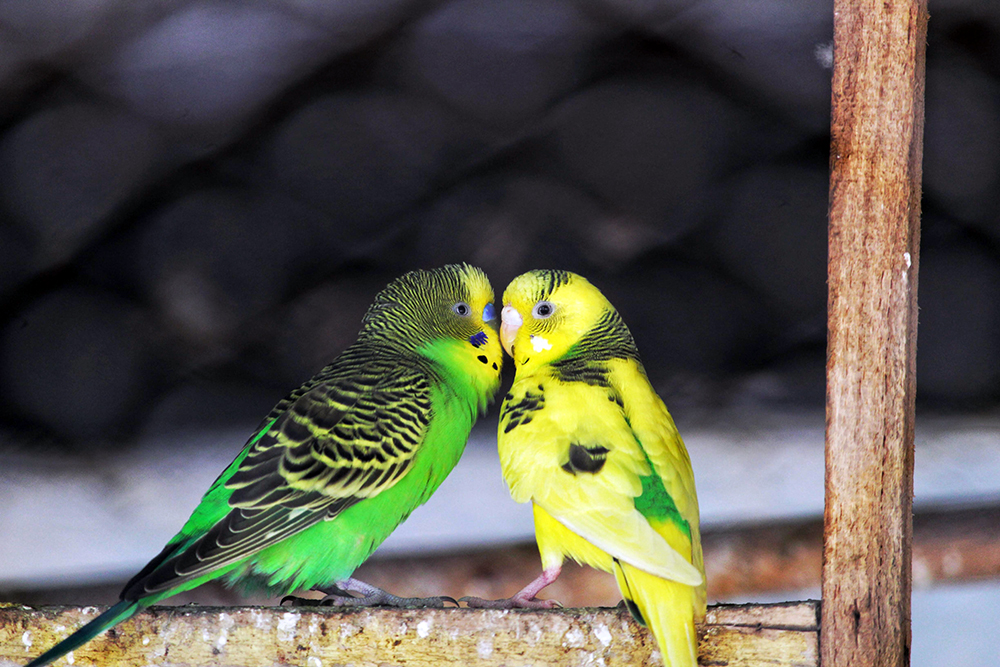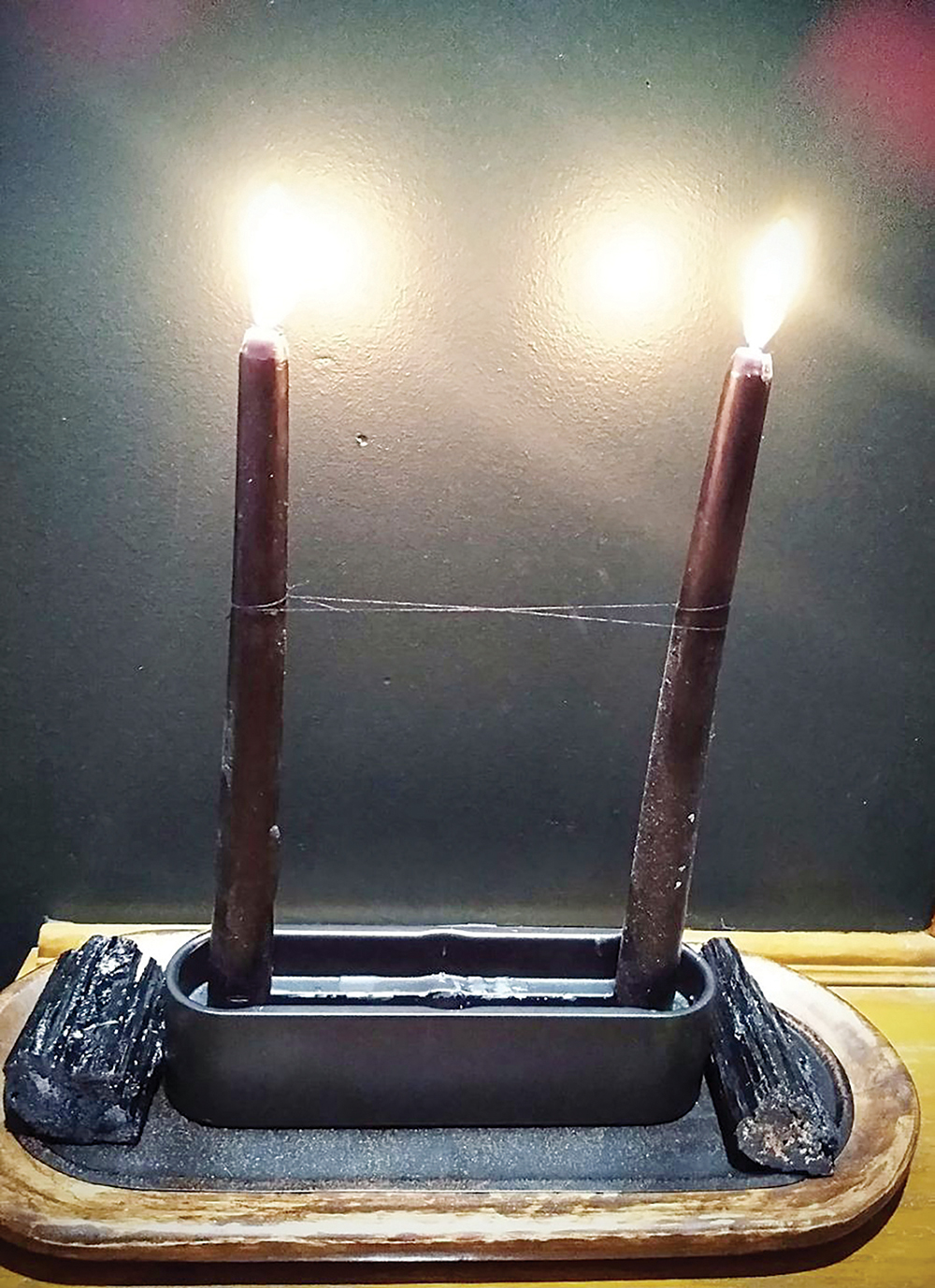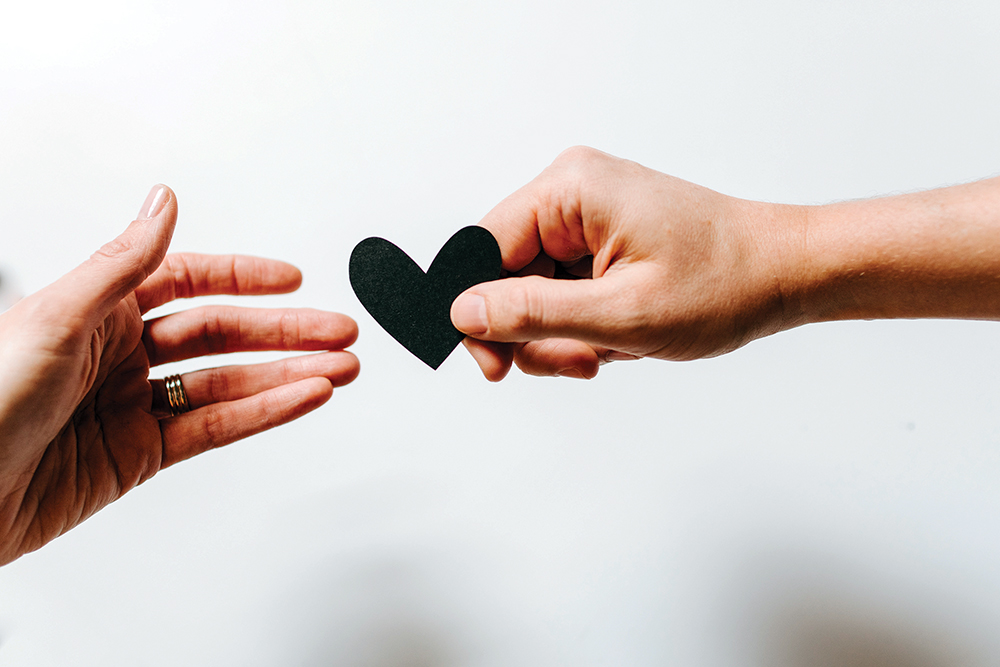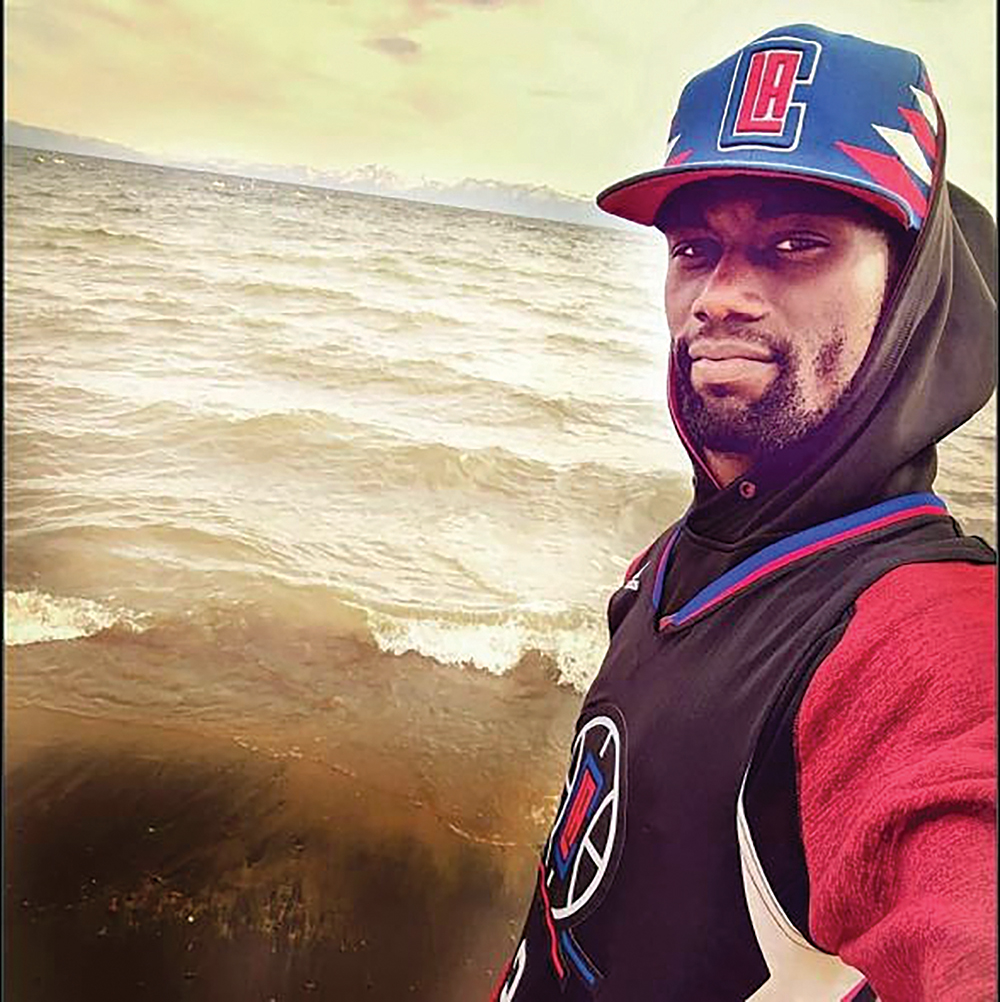“I’m mad as hell and I’m not going to take it anymore.”
So screamed the character Howard Beale in the 1976 movie Network, a prescient commentary on the corporate capture and slow suffocation of America. Howard was a prime-time news anchor who’d had enough. To some of his viewers, he was having a mental breakdown on national television. To others, he saw the country as clearly as a prophet, for exactly what it was: a fetid cabal of the rich obsessed with money at the expense of human life and dignity. Howard wasn’t losing his mind, but his soul. And he knew it, so he screamed on national television. Millions followed him, flinging open their windows and screaming the same furious line: “I’m mad as hell and I’m not going to take it anymore!”
That film was made almost 50 years ago. The tragedy of Vietnam had just concluded; the disgrace of Watergate was barely behind us; congressional hearings revealed that the United States government had engaged in assassinations of foreign leaders, staged coups to overthrow foreign governments, funneled money to tyrants and terrorists, even worked with the mafia to achieve its political goals. Meanwhile, inflation and unemployment skyrocketed at home; the nation’s infrastructure crumbled; crime soared; cities went bankrupt. Confidence in the country’s ability to provide a decent quality of life for its citizens hit rock bottom.
Today, in 2023, the Pentagon, that Beast of the Apocalypse epitomizing greed, gluttony, and eternal violence, has grown its annual budget to gargantuan proportions. It fights wars wherever it wants without congressional approval or notice. It remains the only government institution awash in unlimited funding and shiny new technology while the rest of the country rusts and goes without. Our tax dollars are consumed fighting a proxy war with Russia, using Ukrainian people and land as a testing ground for a seemingly inevitable war with China. The use of nuclear weapons is openly discussed. Countless civilians in Third World countries die beneath the weight of sanctions while our neoliberal economic policies suffocate the livelihoods of millions of others. Climate catastrophe bears down, causing droughts, floods, fires, and typhoons. The poor initially bear the brunt of this, but soon climate catastrophe, this man-made monster, will come for us all. And plagues, worldwide plagues have struck, killing millions while our disease control centers flail haplessly about beneath a torrent of public and political outrage. At home, wages erode; debt financially cripples college graduates; CEO salaries shoot through the stratosphere. Housing prices soar as real estate conglomerates gobble up the land. Our infrastructure collapses; healthcare grows scarce. Tent cities, school shootings, toxic spills, and oligarchs stain the land. All the while, our elected congressional officials earn an average salary of $175,000 per year while dickering over “wokeism” and perverse ideas of patriotism and faith. In 2022, those same elected officials took in $2.4 billion in campaign contributions from big-time donors seeking big-time federal favors for their bribes.
“I’m mad as hell and I’m not going to take it anymore!” But simply screaming out the window then slamming it shut isn’t enough. Not now. Not when it’s 90 seconds to midnight. We can’t just be viewers. A death culture reigns in our country, in our politics, corporations, our entertainment and news, our churches, universities, and our workplace. It seeks to dehumanize, desensitize, divert. It asserts that acquiescence is survival, the best you can hope for in this broken world. Give up and play a video game; watch a cat video; take a pill.
In the movie, Howard Beale succumbs to pressure from the corporate conglomerate that owns the TV station and so begins spouting nightly nonsense on the holiness of big business. His viewers tune him out, his ratings take a nosedive, and his TV production team plots to get rid of him. They dare not go against their corporate chieftain who wants the pro-business narrative to continue, but they cannot abide low ratings. And so, poor Howard is caught in the middle and winds up being shot to death on live television. He becomes another storyline scripted by a TV production team.
Howard was one of those Americans who keenly felt the loss of their soul from corporate tyranny and endless war, who were astonished at the absurdity of their news screens, the direction of their country, the helplessness they felt in the face of it. We are not TV viewers but live participants. Innocents across the globe are killed in our name, lands pillaged with our dollars while Americans suffer incalculable indignities here at home. Our souls hang in the balance. The corporate-military state seems intent on canceling this show we call life. If we succumb to the corporate screed and spout its nonsense as Howard did, we will be morally and spiritually killed, shot full of holes. If we tune out as his viewers did, we surrender to stasis and lose our humanity, with the victims of our indifference strewn around us.
The only way to live authentically in a country of death is to resist because it is in resisting that we retain our humanity, no matter the odds against us, no matter the outcome. Being fully human means resisting death in all its forms. It means peacemaking. We have hope because we have the power to nonviolently resist, and that is a remarkable power. When exercised properly, it not only shivers the state but affirms all of life.
Brad Wolf, syndicated by PeaceVoice, is a former community college dean, lawyer, and current executive director of Peace Action Network of Lancaster as well as a team organizer for the Merchants of Death War Crimes Tribunal.

